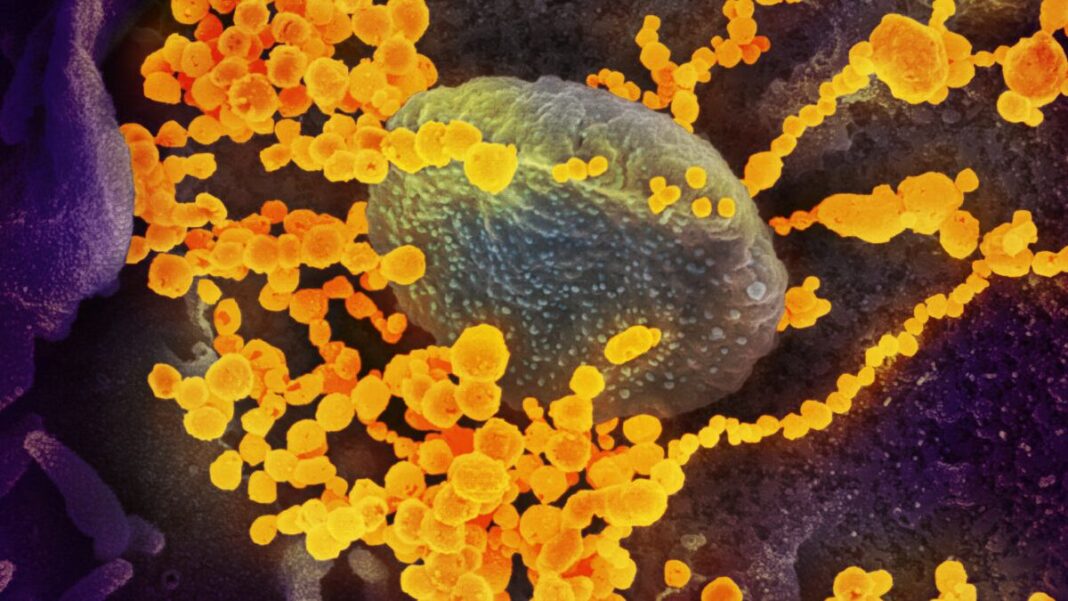Nearly everyone in the United States has some form of protection against COVID-19, according to a new study.
Some 96.4 percent of people aged 16 and older who donated blood had evidence of antibodies against COVID-19, researchers found.
The bloods were analyzed between July and September 2022.
The percentage of people with antibodies was up from 93.5 percent during January to March 2022 and from 68.4 in mid 2021.
People had antibodies from prior infection, vaccination, or both.
Approximately 26 percent of people had antibodies from only vaccination, 22.6 percent had antibodies from only infection, and 47.7 percent had antibodies from both, researchers found.
Infection-induced immunity was more common among the unvaccinated in the cohort.
The studied cohort featured 142,748 people who donated blood at least twice in the preceding year.
Donated blood was tested for antibodies against the spike protein that both COVID-19 and the vaccines have, as well as nucleocapsid proteins that are produced when one is infected.
U.S. Centers for Disease Control and Prevention (CDC) researchers worked with officials from the American Red Cross, Creative Testing Solutions, Vitalant, and Westat for the research, which was published by the CDC’s quasi-journal on June 2.
The increase in antibodies, or seroprevalence, “is likely contributing to lower rates of severe disease and death from COVID-19 in 2022–2023 than during the early pandemic,” the CDC researchers said.
Many studies have found that natural immunity is similar to or better than protection bestowed by vaccines, including a recent paper funded by the CDC. The effectiveness of the vaccines has fallen as newer strains have emerged, dropping to near-zero against infection after several months and just 24 percent against hospitalization among healthy people after 120 days.
But the CDC researchers asserted that the new study provides evidence that vaccination still protects against infection.







